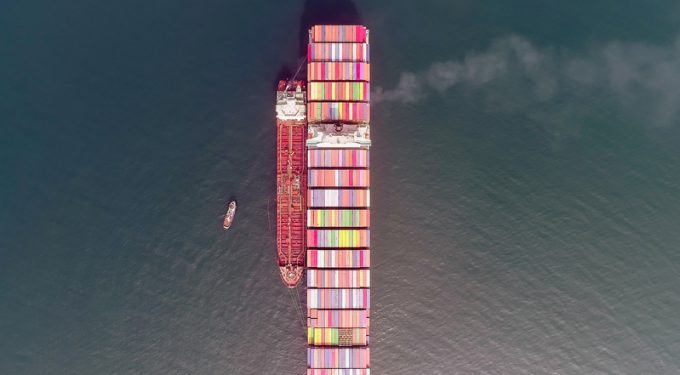Whack, whack whack: it's my winter almanac
Goodbye 2022 … uh oh, here comes 2023

While the impact of Covid-19 has disrupted the maritime industry far more than the implementation of IMO 2020, the former has exacerbated difficulties with the latter. The maritime industry has seen many delays in ports, disruptions to testing, and bunker delivery authorities suspending sulphur checks ...

Comment on this article